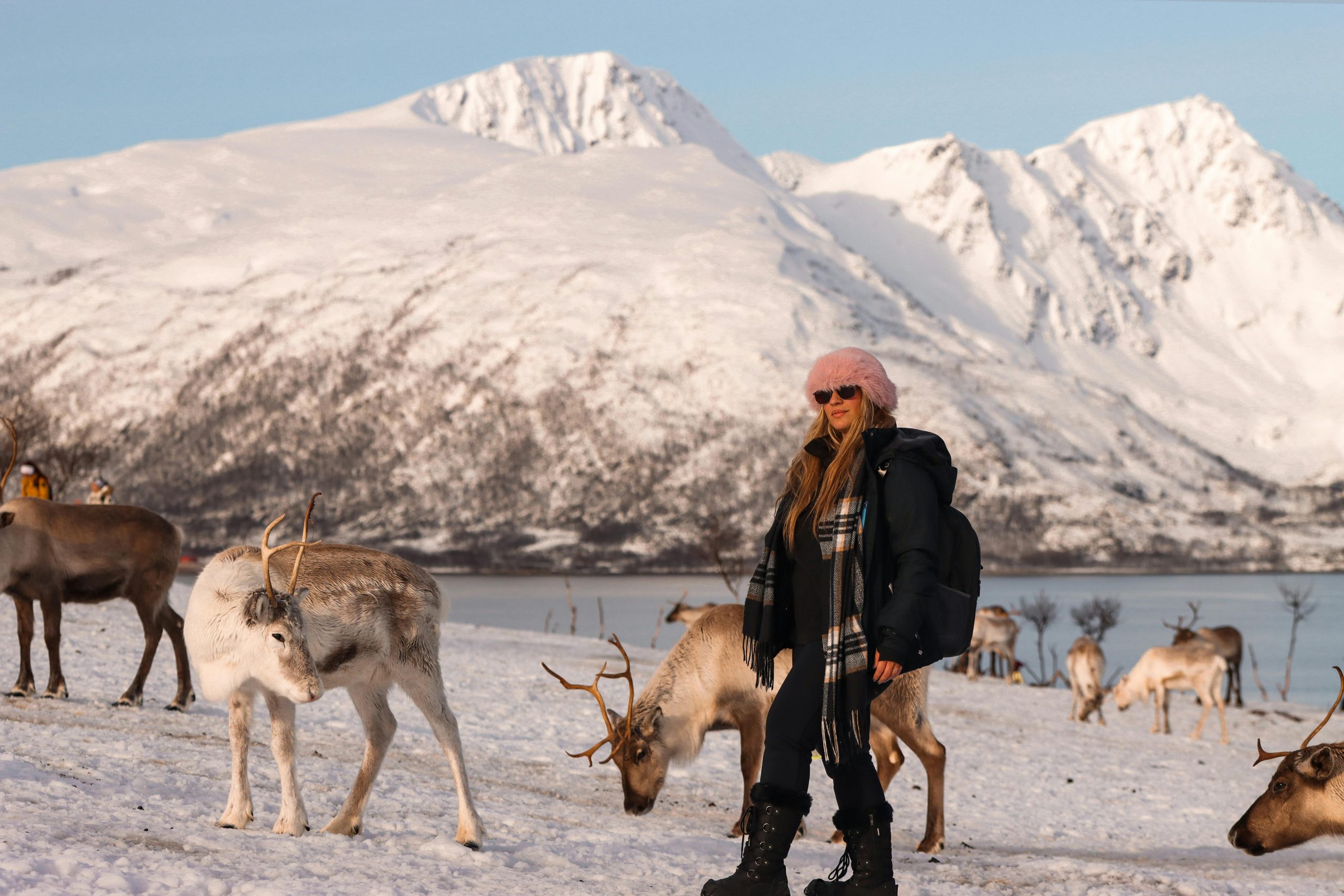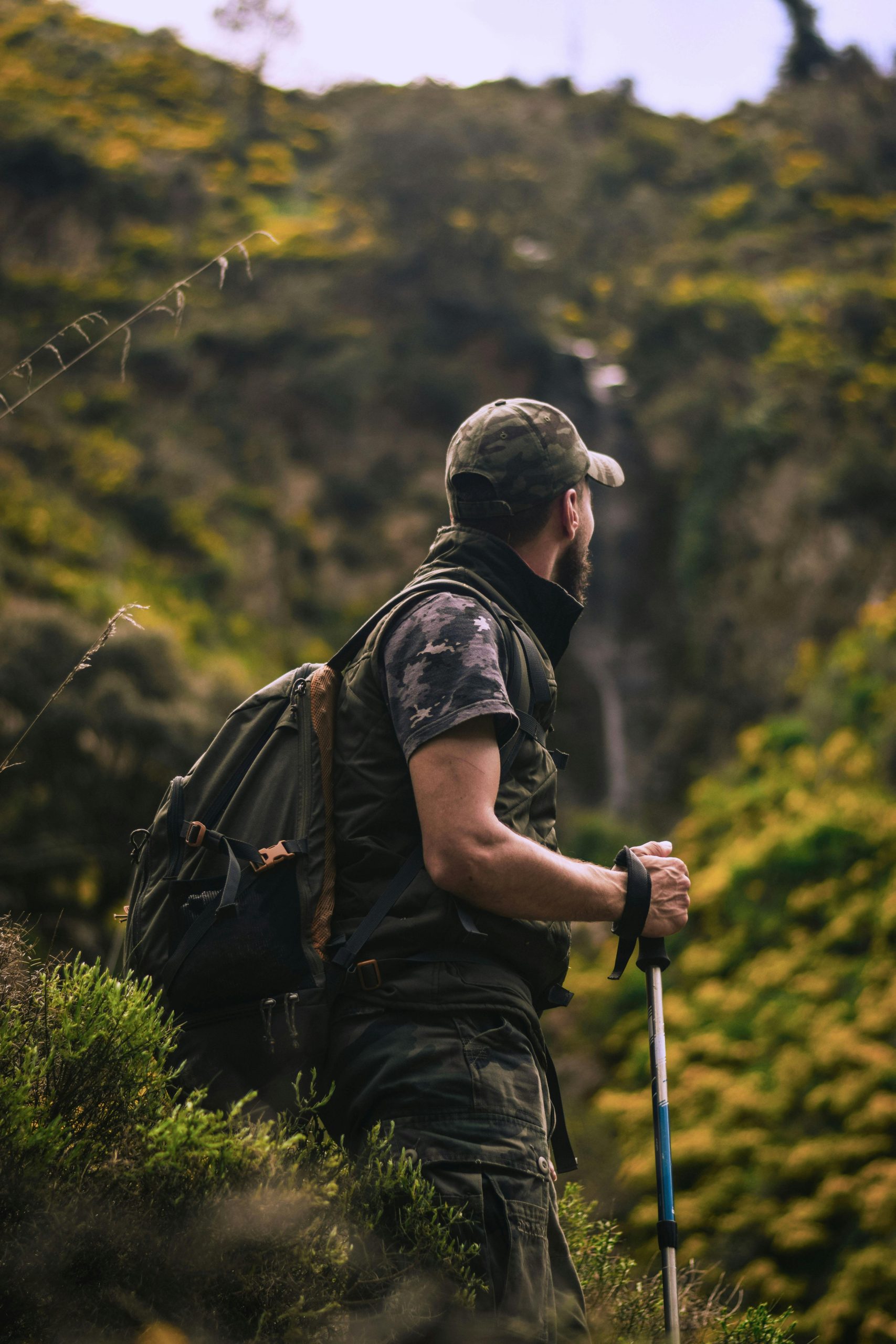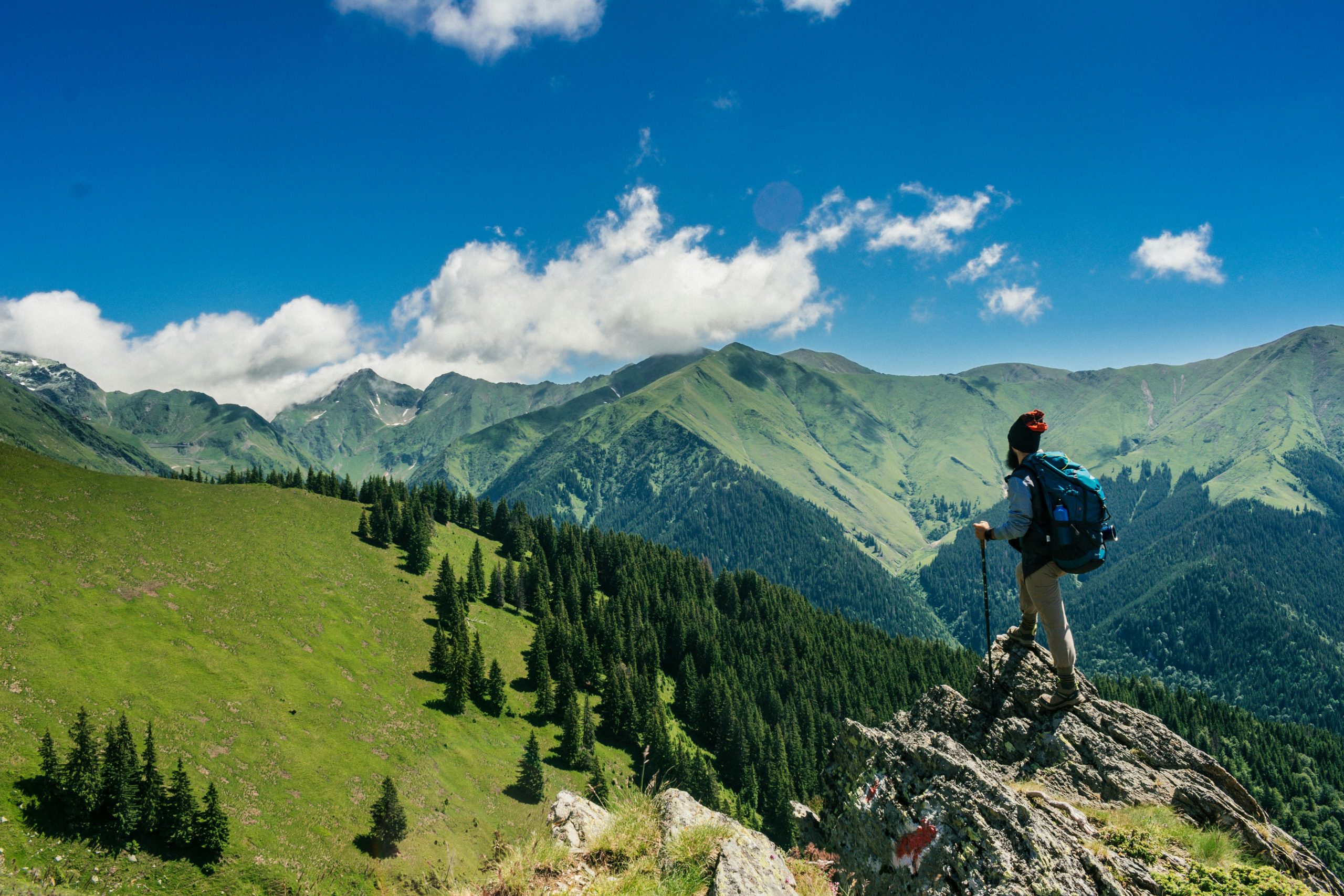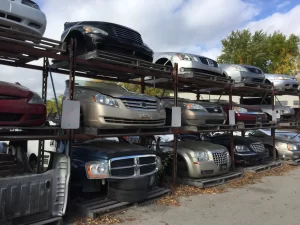Why travel should be considered an essential human activity
Recently, I have been using my passport in a useful way. It’s a great coaster, and I also use it to level wobbly table legs. It’s a great cat toy.
Welcome to the pandemic disappointments. Trips that were cancelled or never planned for fear of being cancelled. Families reunions, years of study abroad, and lazy beach vacations. Poof. Gone. The tiny virus and the list of countries that do not accept United States passports have wiped them out.
According to a report, only a third (33%) of Americans have travelled for pleasure overnight since March. And only 8% more, or 38 per cent, are planning to travel by the end of the year. A quarter of Americans plan to travel for Thanksgiving, which is usually the busiest time for travel. These numbers paint a bleak picture of our stagnant lives.
Sedentary living is not in our nature. Our genes are geared towards travel. Christopher Ryan writes in Civilized To Death that for most of our species’ existence, “we have lived as nomad hunter-gatherers who moved about in small groups of 150 or less people.” Nomadic life wasn’t an accident. It was helpful. Ryan says that moving to a band in the neighbourhood is a good option for those who want to avoid conflict or change their social scene. Robert Louis Stevenson said it better: “The greatest affair is to move.”
But what if we are unable to move? What if you can’t hunt or collect? What should a traveller do? This question can be answered in many different ways. But “despair” is not among them.
We are an adaptable species. We can tolerate short periods of forced sedentariness. Self-delusion can be helpful. We tell ourselves that we are not grounded. Like the salesman between jobs, we’re just between trips. We spend our days flipping through old travel journals and Instagram. We gaze at souvenirs. All of this is helpful. It’s only for a little while.
We put on a brave face. The cover of the latest issue of Canadian Traveller declares “Staycation Nation” cheerfully as if this were a choice and not a consolation.
The U.S. Travel Association (the industry trade association) launched a nationwide recovery campaign today called “Let’s Go There.” This initiative, backed by a coalition consisting of tourism businesses, such as hotels, convention and visitors bureaus, and airlines, aims to encourage Americans to turn their wanderlust into real itineraries.
The travel industry is suffering. The travel industry is hurting. After cancelling five trips in the spring, Paris-based Journalist Joelle Diderich said to me: “I was so disappointed that it hurt almost physically.”
James Hopkins, a Buddhist who lives in Kathmandu, is my friend. You’d expect him to thrive during the lockdown – a mandatory meditation retreat. He did for a time.
James appeared sluggish and downhearted during a Skype call. He confessed to me that he was becoming restless and longed for the old schedule of visiting 10 countries a year. Nothing seemed helpful, he said. I couldn’t change, no matter how many incense sticks I burnt or how many candles I lit.
As we concluded our conversation, I felt relieved, and my grumpiness was validated. The pandemic is the problem, not me. But I was also concerned. What hope is there for us who are stilled?
Travel is a form of hope. Wishful thinking is a part of travel. To board a flight to a faraway country, wishing and hoping for the unimaginable, requires a leap in faith. We rarely do something without knowing what the result will be. We relish in the uncertainty. There is nothing more forgettable than a trip that follows the plan exactly.
Travelling is not an activity that can be rationalized. There is no reason to squeeze into a seat and only be sent at frightening speeds to a faraway place where you do not speak the language and know the customs. All this at a high cost. We would never get anywhere if we stopped to consider the cost-benefit ratio. Yet we do.
This is one of the reasons I am bullish about the future of travel. Travel is an important industry and activity, in my opinion. It’s essential, but not in the same way that hospitals or grocery stores are. Travel is as necessary to travel as books and hugs. Food is good for the soul. We’re in between courses right now. We’re savouring our past and anticipating the future. You may have always wanted to go to Zanzibar or the campground near your home.
James Oglethorpe is a traveller who enjoys sitting still and watching the “slow change of light and cloud on the Blue Ridge Mountains” in Virginia, his home state. “My mind will take me around the world and beyond.”
The place itself is not special, but the way we treat it and how we interact with it is. Travel isn’t about the destination or the journey. As Henry Miller noted, it is about discovering “a new perspective on things.” It is not necessary to travel far in order to get a new perspective.
Henry David Thoreau was the best person to understand this. He spent nearly his entire life in Concord, Massachusetts. He observed Walden Pond in every possible way: on a hilltop or shore, even underwater. He would bend over to peer through his legs at times, amazed by the world inverted. He wrote: “From a right perspective, every storm is a rainbow.
Thoreau’s beloved pond never grew old, and neither have we grown out of the beauty of our drab, analogue world. The pandemic may have even rekindled that affection. We (or at least most of us) have seen how an atomized digital existence looks and don’t like it. The orchestra section of New York City’s Lincoln Center, the bleachers at Chicago’s Wrigley Field and the alleyways in Tokyo. These places are missed. We will always be creatures of place.
Many predicted that air travel would cease or drastically reduce after the September 11 attacks. The airlines recovered steadily, and in 2017, they flew four billion passengers. After being briefly deprived of the wonder of flight, we began to appreciate it and now tolerate body scans, pat-downs, and other inconveniences in exchange for the privilege of travelling with our flesh-and-bone selves.
We should not forget the environmental impact of mass tourism in our haste to travel the globe. It is time to embrace sustainable tourism’s fundamental values and use them as a guide for your future travels off the beaten track. Linger longer in destinations. Travel during the off-season. Spend your money to support the local community. Consider buying carbon offsets. Remember that getting out is all about embracing the diversity that makes the world so colourful.
Pauline Frommer is a travel expert and a radio host. She says that meeting new people and hearing different perspectives are some of the greatest benefits of travelling.
Plan your trip now. Scientists say it’s healthy. It’s almost as fun to plan a vacation as it is to take one. Even just thinking about an enjoyable experience can be pleasurable. Anticipation in itself is a reward.
I’ve experienced first-hand how the anticipation of travel can be exciting. My wife, who is not a travel photographer, spends hours looking at pictures of Alpine lodges or rice fields in Bali on Instagram. One day, I asked, “What is going on?” She replied, “They are just absolutely captivating.” They remind me that the world is vast and beautiful.
Travel is something that many of us, including myself, take for granted. We became entitled and lazy, which is not good. Tom Swick is a travel writer and friend who tells me that he used travel as an expectation. He says that he now looks forward to the experience as a present.








Post Comment